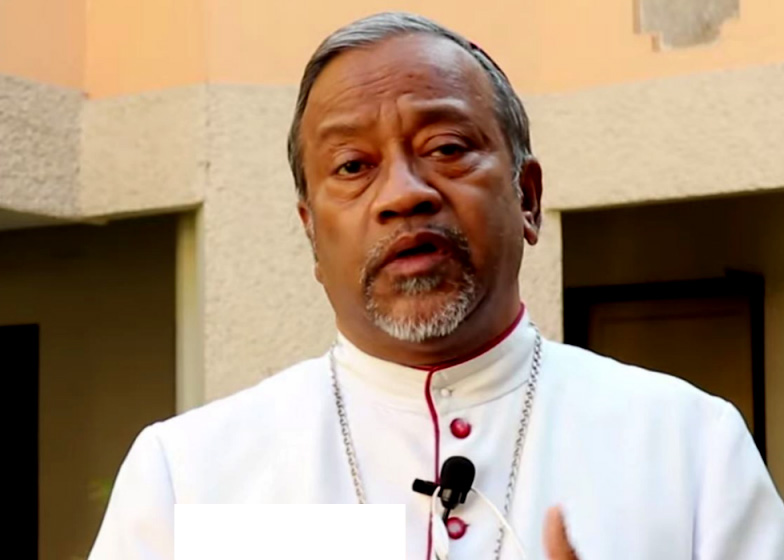The federal government of Indian maintained that allegations of Christian persecution in the country are false and are based on wrong news reports.
India’s solicitor general, Tushar Mehta, told the Supreme Court on Tuesday, August 16, that most of the incidents of attacks on Christians cited by petitioners were “wrongfully projected.”
The Supreme Court on Tuesday was hearing a petition filed by Archbishop Peter Machado of Bangalore, the National Solidarity Forum, and the Evangelical Fellowship of India who claimed of increasing attacks on Christians in the country.
In an affidavit presented to the bench of Justices DY Chandrachud and AS Bopanna, Mehta maintained that the petitioners “resorted to falsehood and self-serving documents” along with press reports in its allegations.
Mehta said the petitioners claimed to have based the petition on information gathered through sources like press reports, “independent” online databases, and from findings of various non-profit organizations, among others.
“It is submitted that enquiries reveal that majority of the incidents alleged as Christian persecution in these reports were either false or wrongfully projected,” read Mehta’s affidavit submitted to the court.
It said that in some cases, incidents of purely criminal nature arising out of personal issues have been categorized as violence targeting Christians.
The solicitor general said some cases cited by the petitioners as attacks on Christians, were purely of criminal nature arising out of personal enmity but were deliberately given a communal color.
He alleged that complaints filed against Christians have been cited by the petitioners as persecution of community members.
Senior Advocate Colin Gonsalves, who represents the petitioners, sought time to respond to the government’s affidavit, saying he received the affidavit “only minutes before the hearing and needed time to file a reply.”
Vidya Dhinkar, a core group member of the National Solidarity Forum, said the court granted Gonsalves a week to look into the affidavit and scheduled a hearing on August 25.
Archbishop Machado, meanwhile, said “there is no exaggeration or misclaim” in their petition before the court.
The prelate said the allegations were “well-documented” by the People’s Union for Civil Liberties, India’s largest human rights organization.
The relief sought in the appeal includes the implementation of guidelines issued by the Supreme Court in the 2018 Tehseen Poonawala judgment.
In that judgement, the top court came out with a slew of guidelines for the Centre and the States, including the appointment of nodal officers to take note of crimes, fast-tracked trials, victim compensation, deterrent punishment, and disciplinary action against lax law-enforcement officials.
Veteran journalist and rights activist John Dayal said that under the current regime, there seems to be almost a denial that any religiously targeted violence ever takes place.
He said that even the National Crime Records Bureau seemed to have not listed crimes under the category. Police stations also reportedly refuse to register crimes committed against religious minorities.
Information from Christian rights and freedom of faith groups show that while 507 cases were listed by the Evangelical Fellowship of India and the United Christian Forum, police registered only 47 cases.
Of the over 300 cases of anti-Christian violence in 2022 so far, FIRs have been lodged in a mere seven cases.







